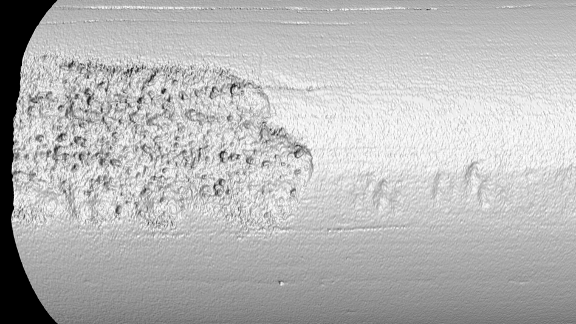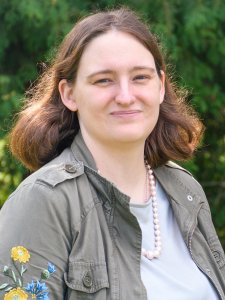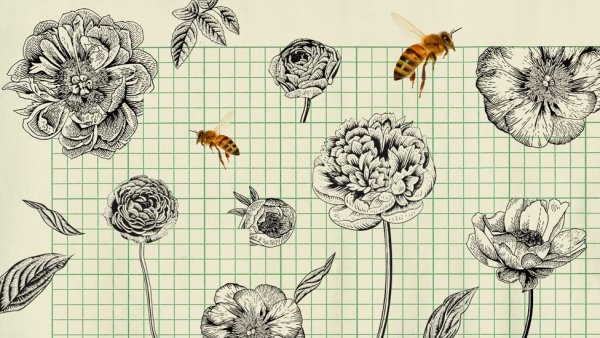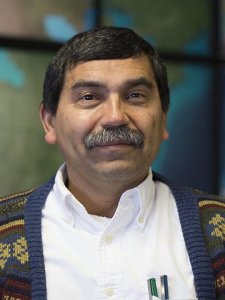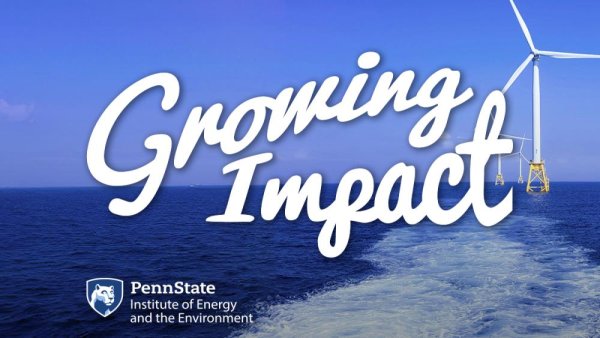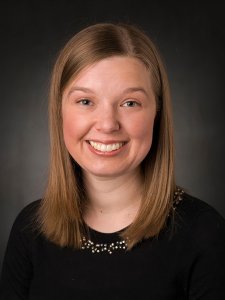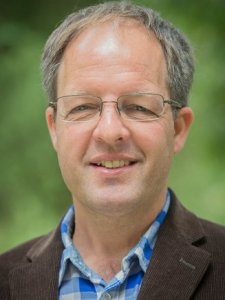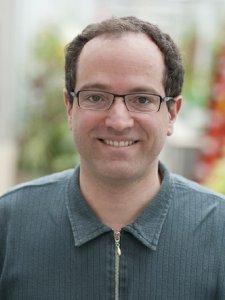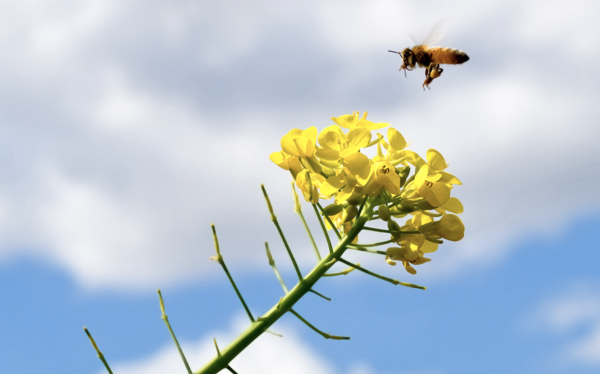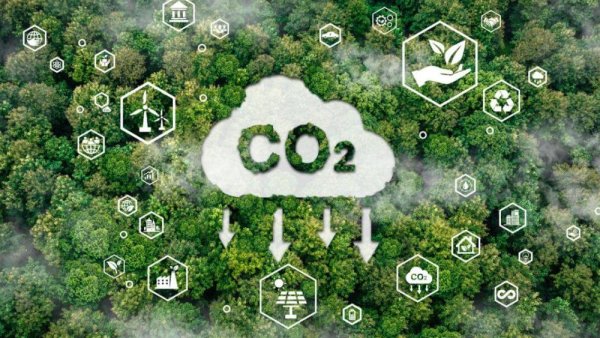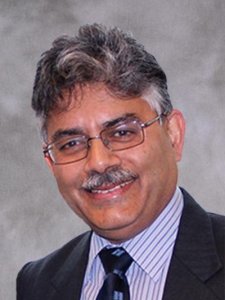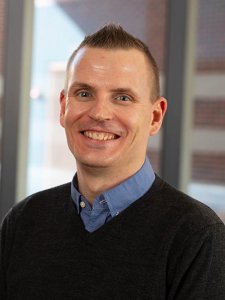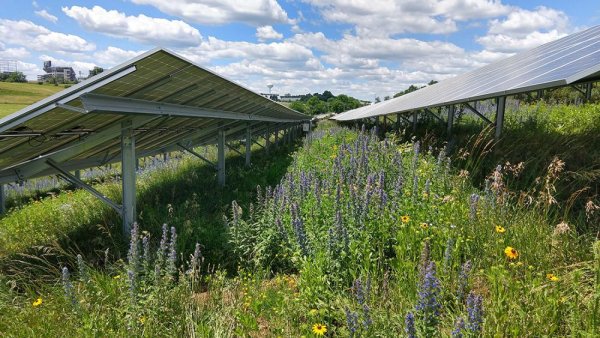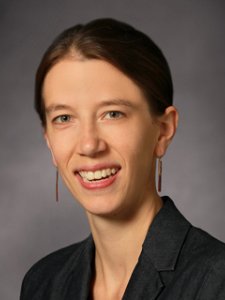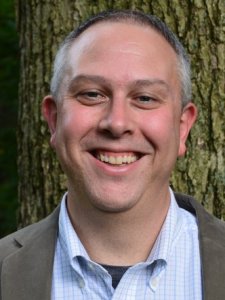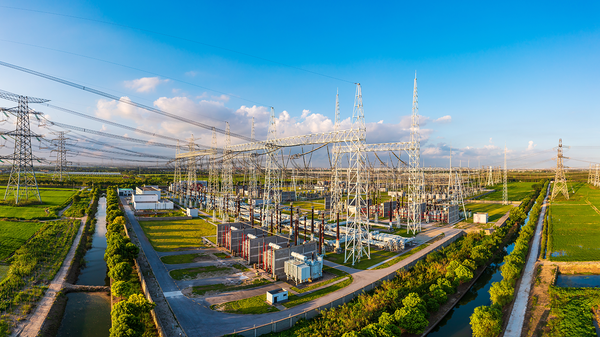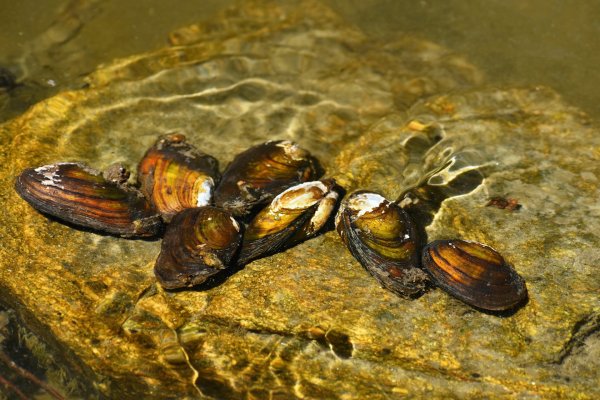IEE faculty, staff, and projects in the news
Center for Quantitative Imaging launches computed tomography users group
| psu.edu
The Center for Quantitative Imaging has launched the Penn State CT Users Group, which is open to all faculty, students and researchers interested in harnessing the power of computed tomography for their work.
Mentions
The last thing bees need right now
| theatlantic.com
Air pollution is distorting the insects’ sense of smell and memory. This article quotes Jose Fuentes, professor of meteorology.
Mentions
'Growing Impact' looks at wind energy, floating offshore wind turbines
| psu.edu
The latest episode of "Growing Impact" discusses the future of wind energy, including floating offshore wind turbines and a shift in turbine blade design.
Mentions
Seed Grant Projects
Growing Impact: Floating offshore wind energy
Wind power has come a long way from its humble beginnings as water pumps and windmills. Today, it's a major contributor to our electricity generation. While onshore wind farms are well-established, the U.S. has yet to tap into the full potential of offshore wind. With advancements like floating turbines and improved blade designs, wind energy is poised for another significant leap forward.
Seed Grant Projects
Grants will provide real-world learning experiences for College of Ag students
| psu.edu
Penn State's Engaged Scholarship and Experiential Learning Seed Grant Program, offered through the University's Institute for Sustainable Agricultural, Food, and Environmental Science, has awarded five teams funding to help students apply skills they are learning in class to meet the needs of an external partner or stakeholder.
Mentions
Using outer space for cooling and energy on Earth
A Penn State research group is developing a new way to cool buildings and devices by using a special material that lets sunlight pass through to generate electricity while also releasing heat into space, providing cooling without using electricity.
Seed Grant Projects
Air pollution makes it harder for bees to smell flowers
| knowablemagazine.org
Contaminants can alter plant odors and warp insects’ senses, disrupting the process of pollination. This article quotes Jose Fuentes, professor of meteorology.
Mentions
New NSF-funded center established to lead geologic CO2 storage innovation
| psu.edu
A team from the University of Southern California Viterbi School of Engineering and Penn State College of Earth and Mineral Sciences has received funding from the U.S. National Science Foundation to establish a center named CO2 Storage Modeling, Analytics and Risk Reduction Technologies (CO2-SMART). CO2-SMART will be dedicated to innovation in geologic sequestration of carbon dioxide as a technology to enable industrial decarbonization at scale.
Mentions
-
Sanjay Srinivasan
Department Head and Professor, John and Willie Leone Department of Energy & Mineral Engineering (EME)
Troy Sutton named Huck Early Career Chair in Virology
| psu.edu
Troy Sutton, assistant professor of veterinary and biomedical sciences in the College of Agricultural Sciences at Penn State, has been awarded a Dorothy Foehr Huck and J. Lloyd Huck Early Career Chair in Virology.
Mentions
Solar farms with stormwater controls mitigate runoff, erosion, study finds
| psu.edu
As the number of major utility-scale ground solar panel installations grows, concerns about their impacts on natural hydrologic processes also have grown. However, a new study by Penn State researchers suggests that excess runoff or increased erosion can be easily mitigated — if these “solar farms” are properly built.
Mentions
Designing the electricity markets of the future, with Chiara Lo Prete
| resources.org
This article features an interview with Chiara Lo Prete, associate professor of energy & mineral engineering. Lo Prete discusses the differences among electricity markets in different regions of the country.
Mentions
-
Chiara Lo Prete
Associate Professor, John and Willie Leone Department of Energy & Mineral Engineering (EME)
Researchers make concerning discovery in mussels found living near former wastewater plant — here's how it could affect the food chain
| thecooldown.com
Researchers found high levels of radium in mussels' tissues and shells, revealing how dangerous treated fracking wastewater can be. This article mentions Penn State research.
Seed Grant Projects

